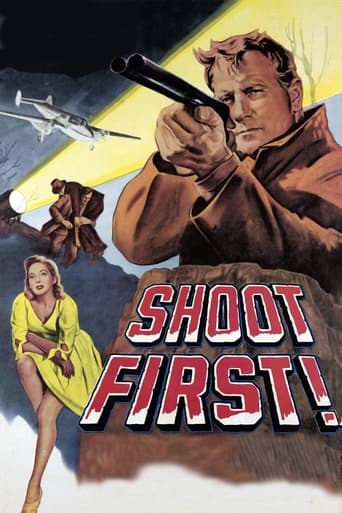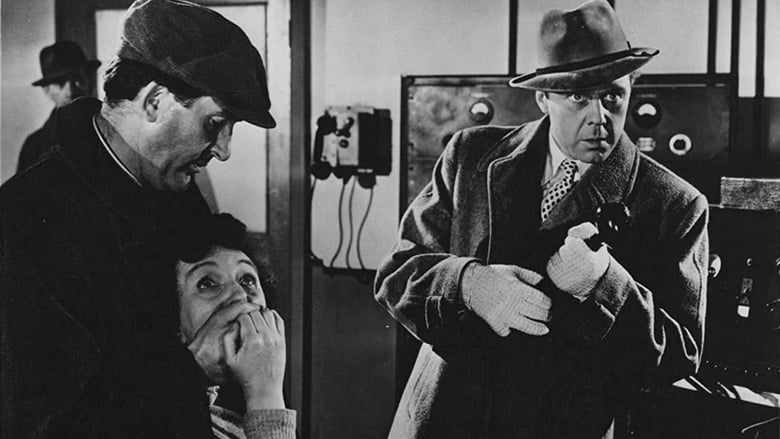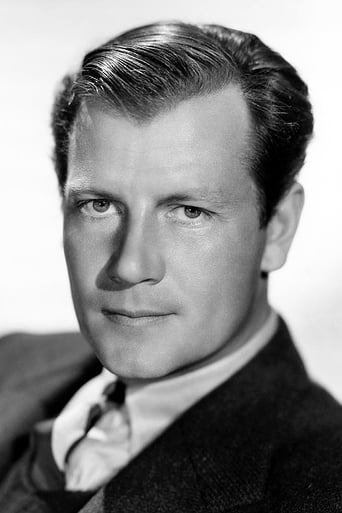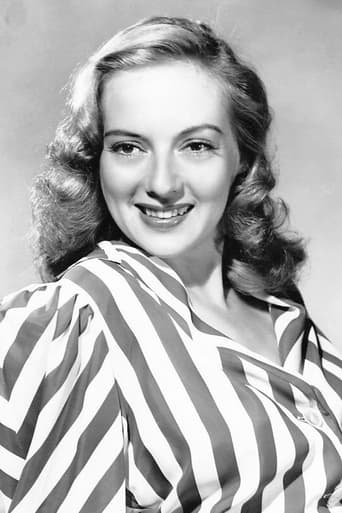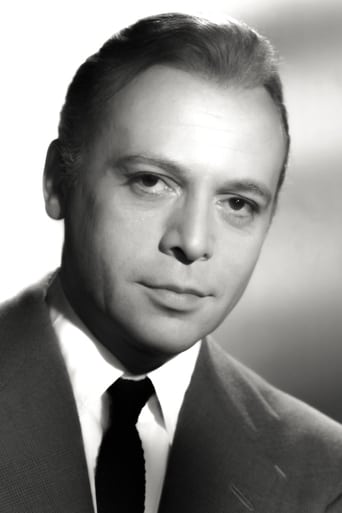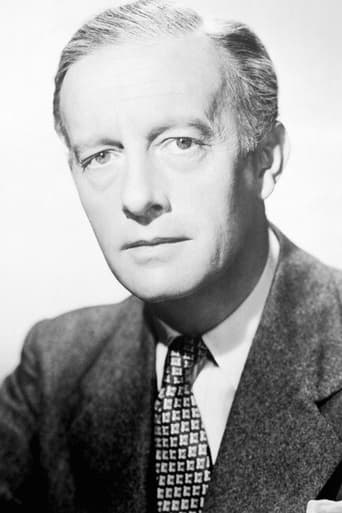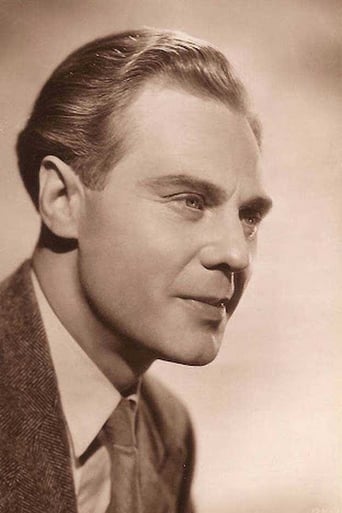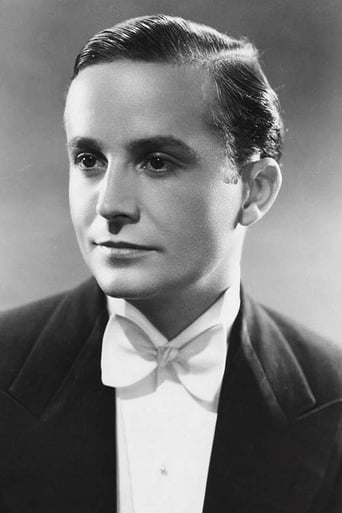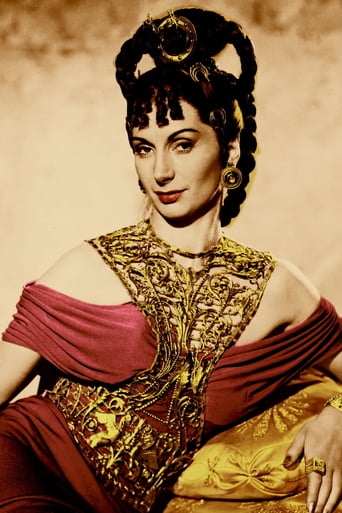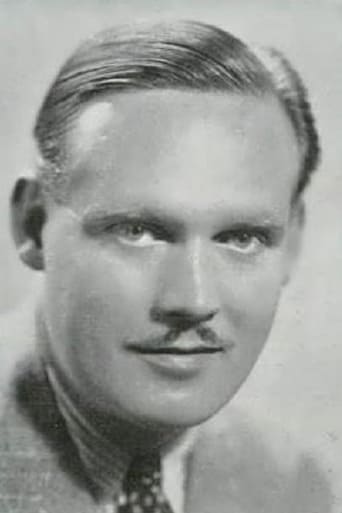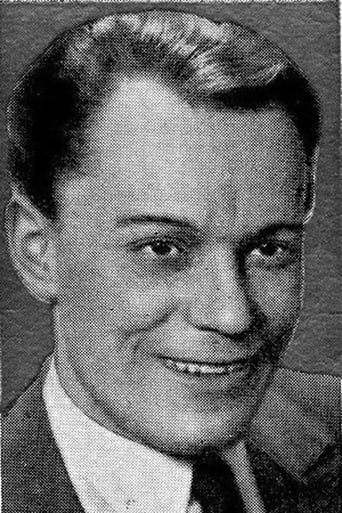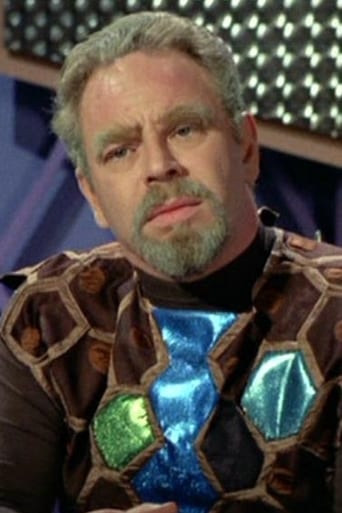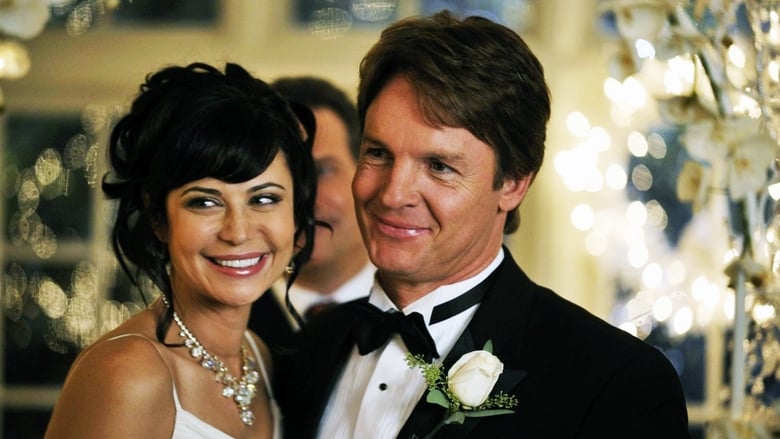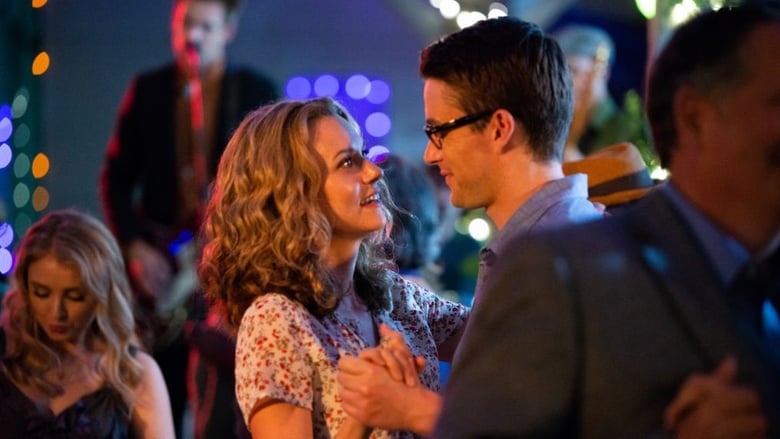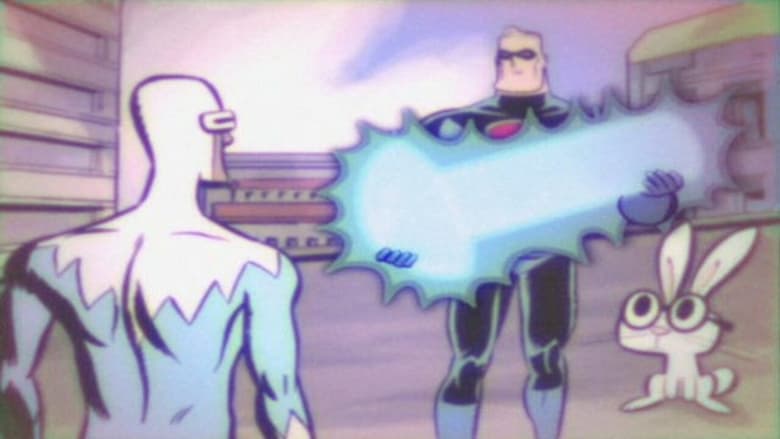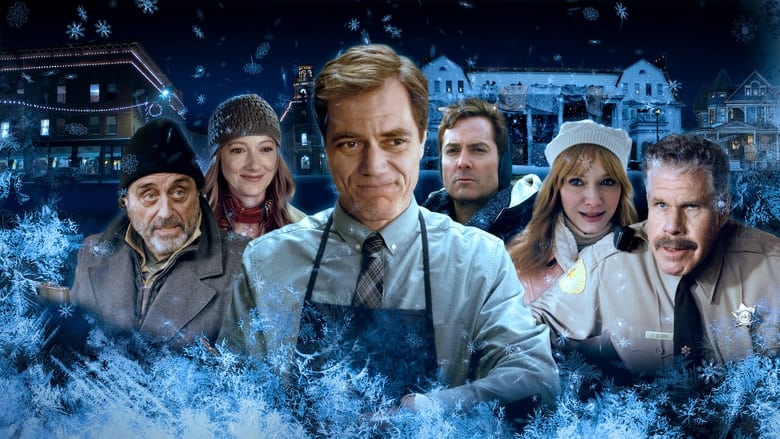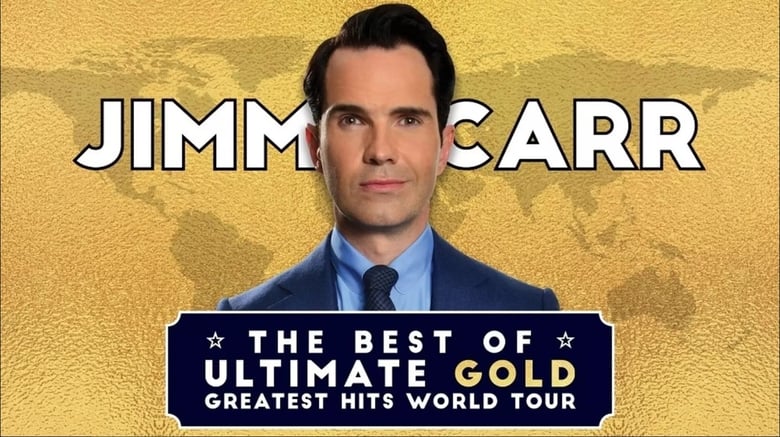An American military officer and his wife move to a cottage in what they think is the peaceful English countryside, only to discover the area is a hotbed of spies and secret agents.


Similar titles
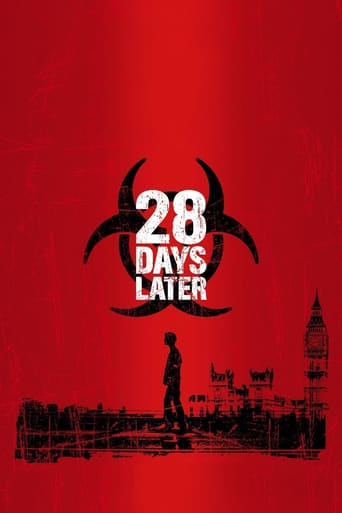
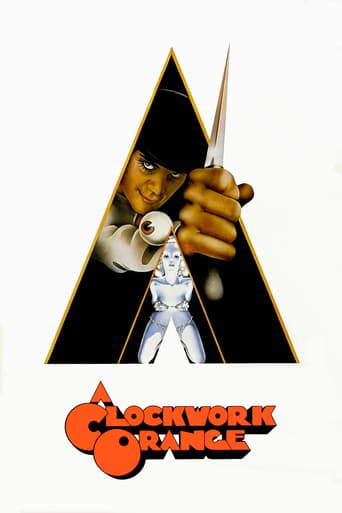
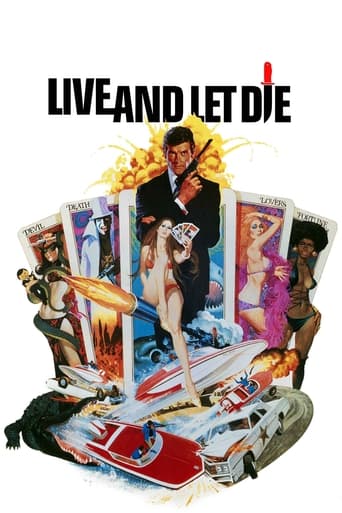
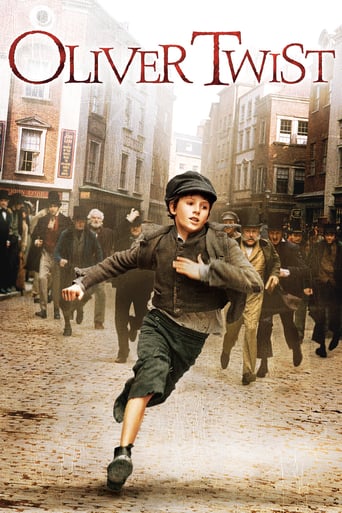
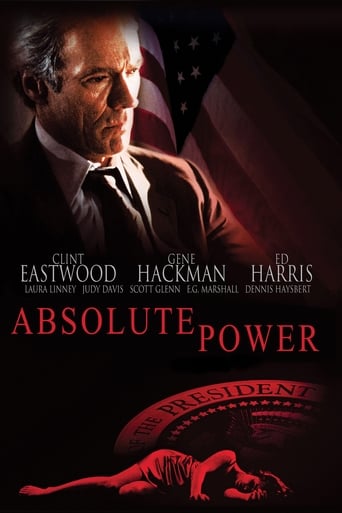

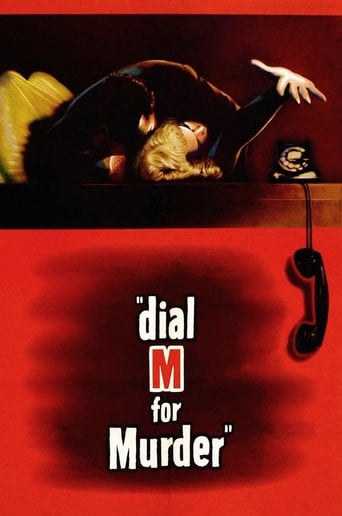
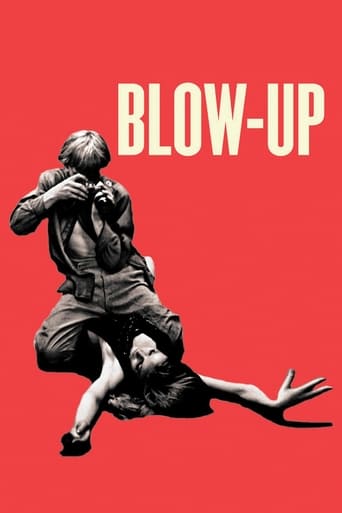
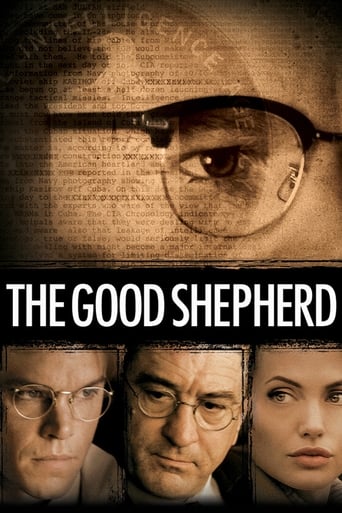
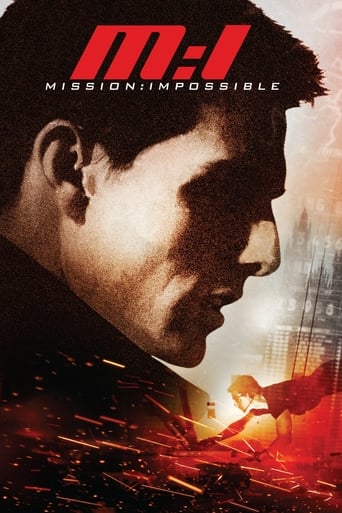
Reviews
"Shoot First" is a Cold War suspense film that kept having ask "why did he do that?" as much of the behavior of the leading character, Lt. Colonel Taine (Joel McCrea) made little sense.The story is set in England. American Lt. Colonel Taine and his wife live there and rent some land where the Colonel likes to hunt. One day, he sees someone on the land and he thinks it's a poacher...so he decides to put some birdshot into the guy and teach him a lesson. However, just as Taine fires, so does a hidden enemy agent...but this shot is from a rifle and it kills the supposed poacher. But Taine thinks he did it and hides the body. Now don't you think in doing this he would have seen a rifle shot?? And, that the shot was on the OTHER side of the man's body?? Well, apparently this Colonel knows little about guns and he just hopes no one finds him.In the meantime, enemy agents are lurking everywhere around the property. So what do the forces of NATO do? They send one man (Herbert Lom) to look into it. And, when they find spies, instead of calling in troops, he and Taine get caught up in trying to capture them!! Considering the future of the free world hangs in the balance, this does seem like a stupid plan!As you might have guessed, I did not love this film. In addition to not making much sense, the film also was awfully dull...which is odd for an espionage film.
Shoot First has the distinction of being the only non-western that Joel McCrea appeared in from 1946 until the end of his career. It was a bad mistake, worse than that when you consider the source is an Eric Ambler novel which usually translate well to the screen you have to scratch your head and wonder.McCrea plays an army colonel stationed in the United Kingdom with wife Evelyn Keyes and they have a small country place where McCrea does occasional rabbit and grouse shooting. He shoots with a light load of buckshot some foreign speaking gentleman he catches on his land mistakes for a poacher. Later on he returns and finds him dead and hides the body.After that McCrea and Keyes get involved in a web of spies and intrigue as McCrea realizes he's in a jackpot facing a possible murder charge.This is where I have real problems with a film that has Hitchcockian pretensions. This is not Cary Grant an advertising man caught up with spies, this is a professional soldier. No way in the world could you make it believable that McCrea would act like this in his situation. The plot premise is just ridiculous.One thing this British production has going for it is Patricia Laffan one of the sexiest women ever in British cinema. American audiences will know her best for playing Poppaea in Quo Vadis. She plays a foreign wife of a dissolute Englishman Frank Lawton who's involved with foreign agents. She's always a treat as is Herbert Lom as an exiled Polish count whom were never quite sure about.But they are not enough to save this one.
Like CIRCLE OF DANGER (1951; see my review elsewhere), this is a British thriller with a lightweight American lead, in this case Joel McCrea; also like that earlier Jacques Tourneur film, this has a decidedly Hitchcockian flavor to it (down to a Bernard Herrmann-esque score, though he would only team up with The Master three years later!) and is, in effect, a livelier example of its kind. Interestingly, both Ray Milland (star of DANGER) and McCrea would work for Hitchcock on DIAL 'M' FOR MURDER (1954) and FOREIGN CORRESPONDENT (1940) respectively. The film under review is based on a Geoffrey Household novel and, like Fritz Lang's similarly-sourced MAN HUNT (1941), it centers around a hunting aficionado whose favorite pastime lands him in hot water; the screen adaptation was itself penned by celebrated crime novelist Eric Ambler.Abetting McCrea in his struggle are understanding wife Evelyn Keyes (she had already portrayed her definitive noir role in 1951 courtesy of Joseph Losey's THE PROWLER), Polish military 'mental case' Herbert Lom (unusually a good guy despite his obvious ambivalence) and sympathetic British Intelligence man Roland Culver. Their antagonists, then, are first-rate marksman Marius Goring (from the afore-mentioned CIRCLE OF DANGER but in a less showy role), sinister chauffeur Karel Stepanek and mysterious Austrian female Patricia Laffan (equally enigmatic off-screen, since the promise she showed in the definitive 1951 version of QUO VADIS was never delivered upon!); curiously enough, her alcoholic and uncommitted (to the cause) husband here – played by Frank Lawton (from 1935's David COPPERFIELD) – basically disappears halfway through the proceedings! The exciting action takes us from McCrea's shooting grounds (doubling as a night-time airfield for the villains' purposes) through an impersonation game to a perilous train journey to a notable climax at London's world-renowned "Madame Tussaud's" wax museum. Here, Goring startlingly blows himself up to safeguard the all-important documents that a typically meek defecting scientist had brought over with him from the other side. For the record, this was released in the U.S. as SHOOT FIRST, which is the name attached to the TCM-sourced copy I watched. One final thing: former actor and Oscar-winning editor Robert Parrish had graduated to the director's chair shortly before this, in 1951 – with two more noirs which I should be watching presently, namely CRY DANGER and THE MOB.
US Col. Robert Tanie lives with his wife in a cottage in rural England. While hunting on hares, he stumbles on someone he suspects being a poacher or a smuggler. Hoping to scare off the trespasser, he takes a shot at him, and sees the man fall down. Having used non lethal munition, he's very surprised to discover the man's actually dead. What he doesn't know is that the actual killer is a sniper, belonging to a spy ring. Later, he meets Sandorski, a Polish officer (you could describe him as something between Tarfu –see Sabotage agent- and Hercules Poirot). This Sandorski is working together with some British cloak and dagger people, that are keeping a close eye on some suspicious characters, who are also roaming around on the hunting grounds. Sandorski has discovered the presence of strong lights, that are intended to help a plane land in the darkness on these remote surroundings. It soon turns out some shady characters are expecting a mysterious plane with a passenger that clearly doesn't want to use more common ways to travel to the UK. Tanie and the Polish officer manage to change the position of landing lights, and "kidnap" the passenger. It turns out to be a scientist from the Eastern bloc, who wants to meet a communist spy in London. The novel was by Geoffrey Household, the screenplay by nobody less than Eric Ambler. The action is more important than the psychology of the characters or the dialogs. The movie starts at a somewhat slow pace, but gradually, things are becoming more and more interesting, building up toward a nice climax in Madame Tussaud's. The movie is at times somewhat unnecessarily complex: the presence of a Polish officer with a cavalry sword (!) doesn't add much strength to the storyline. Also, it would have made more sense if Col. Tanie was enjoying retirement with his beautiful wife on the English countryside, so I was surprised to see him use a (US ?) uniform at times, which suggested he was not. And why would spies meet in Madame Tussaud's in stead of in a safe house ?Still, it's certainly a nice little movie: although no A-stuff, certainly a better than average B-movie. Joel McCrea is alright as the not particularly bright Colonel, and Evelyn Keyes is well cast as his helpful but also curious and somewhat impatient wife. I'd rate it 7.5 to 8/10 However, if you want to see a much better UK spy movie from the same period, try to find High Treason.
